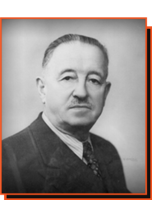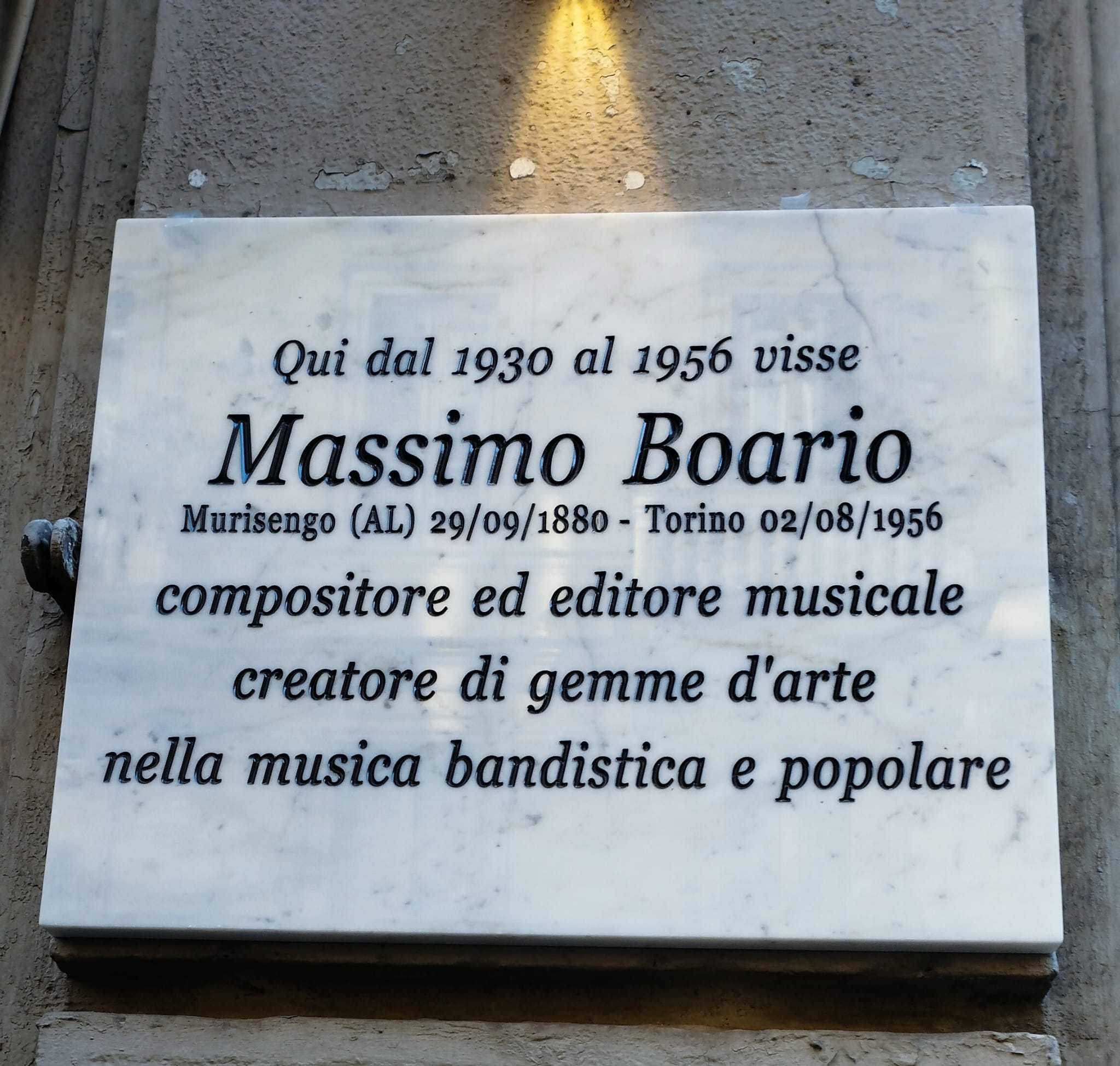A PASSION FOR MUSIC SINCE 1923 !
Categories Our Publishing House Massimo Boario
Massimo Boario
Massimo Boario ( Murisengo , 29/09/1880 – Torino, 02/08/1956 ) was a composer, band conductor, editor of Italian music and founded several bands in Piedmont.
With a repertoire of over 200 compositions for bands, out of a total of 580 pieces, Massimo Boario is considered among the greatest composers of band music of the twentieth century in Piedmont .
When a child, he showed aptitude for music but his wealth allowed him not to attend the Conservatory as he had wanted.
He began his musical career as a child playing the clarinet in the band of his country.

When he was thirteen , he was first clarinet in the band and meanwhile began to write his first songs: small folk compositions such as danceable, marches, which already showed an authentic predisposition to music and a lyric-popular vein that characterized all his next huge musical production. When he was fifteen, his danceable (waltzes, mazurkas, polkas, tangos) were regularly performed not only by the band in Murisengo but also by others bands in the area.
It must be remembered that gramophones and radios were almost not-existent in that context at that time and the band had a unique and important function of spreading music in all the popular demonstrations ; in particular, the “danceable “ were the most in demand.
Meanwhile, young Massimo Boario continued ,by himself (taken some lessons in counterpoint), the study of music and, in particular, to compose.
Soon, his art beyond the green hills of Monferrato: in 1907 “Il Concerto”, a magazine about mandolin and guitar music, published a composition of his entitled “Palmira”, winner of a competition and defined by the reporter: “ elegant and effective polka proving dispositions of this young and excellent musician”.
Today this polka is preserved at the “Museum of tunes for mandolin “ in Nagoya- Japan- with two other polkas for mandolin composed later.
Commemorative plaque approved by the Municipality of Turin at Massimo Boario's house via Bertola 24 Torino - 18 November 2024.



